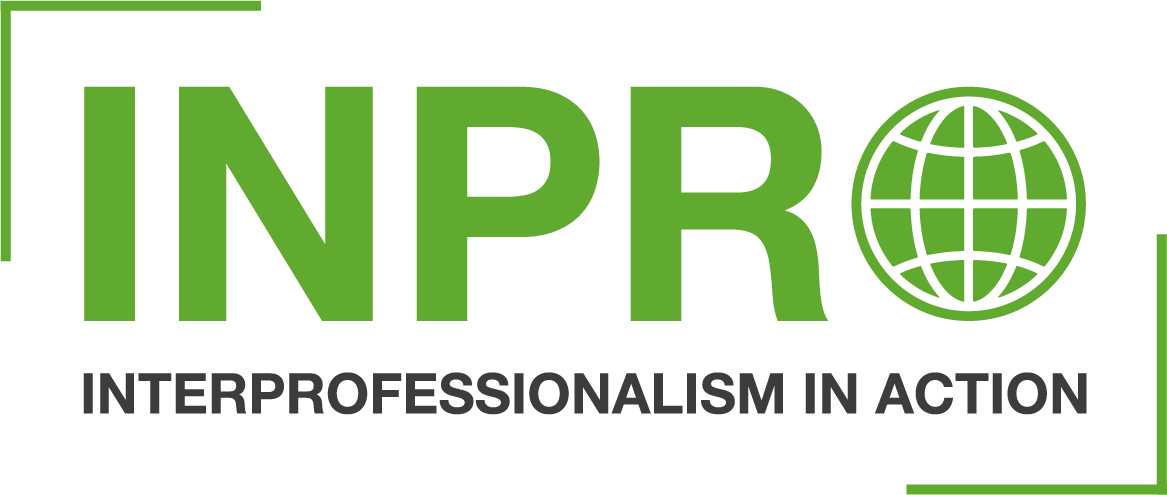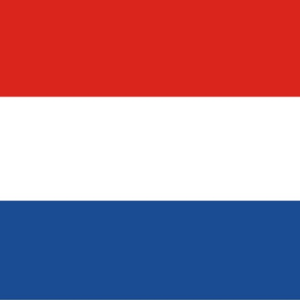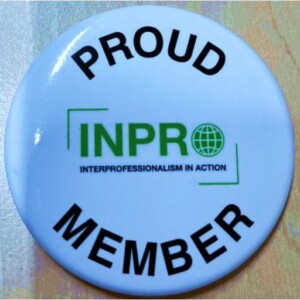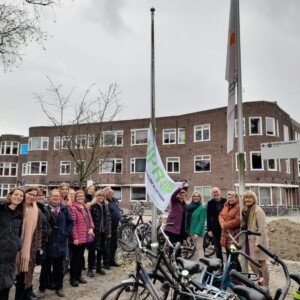WELCOME at the INPRO website!
INPRO was an international project, co-funded by the European Union, in which higher education institutions and rehabilitation centers worked in partnership on aligning interprofessional (IP) collaboration. Or to state it more concrete: to further enable a smooth transfer from training in health and social professions to the actual work setting. We were keen to get Interprofessionalism in action!
We delivered a range of freely available materials on
IP-Education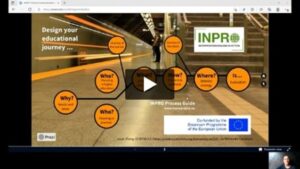
IP-Practice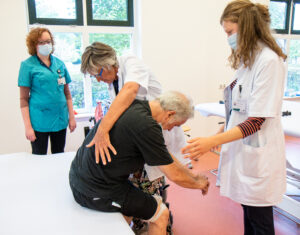
IP-Competencies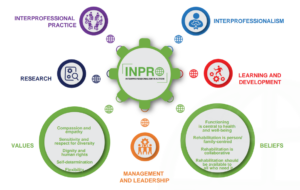
ICF Person-centred practice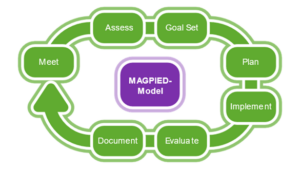
These materials are published on this website. Educators and health care professionals may use these materials to be implemented in the core curricula in tertiary education and for lifelong learning in health and social care practice.
About the INPRO project
The pressure on the European health care system is increasing considerably: more elderly people and patients with chronic diseases in need of (rehabilitation) care, a diminishing work force and health care costs continuing to rise.
the INPRO-consortium partners sensed a gap between competence levels of future professionals and the levels actually needed in rehabilitation practice. Therefore, the transfer from tertiary education to practice concerning interprofessional education and collaborative practice (IPECP) in rehabilitation was the central theme of the project. By doing so, we ultimately aimed to contribute to improving health and quality of life of patients.
Regional bonds between higher education institutions (HEIs) and rehabilitation centres were strengthened in order to align IPECP. On the one hand we delivered a set of basic and advanced modules on functioning according to the WHO’s International Classification of Functioning, Disability and Health and a set of tools to assess the effect of interprofessional skills training. On the other hand we further developed promising approaches derived from HEIs and from a pilot student-run learning ward. These approaches are now described and tested in regional settings. After an evaluation these approaches were adapted for use in other regions.
Students and lecturers met each other online (global classrooms) and professionals working in the field participated in visits to their colleagues working in rehabilitation centers. In this way, they facilitated to learn from each other and saw how the alignment from education to the field was being done in the other participating regions.
Consortium
Four higher education institutions from Austria, Belgium, Finland and The Netherlands participated in this project.
- Hanzehogeschool Groningen, the Netherlands was the applicant of the project and responsible for the overall project coordination. Furthermore, experts contributed to the various work packages.
- Fachhochschule Sankt Pölten in Austria took care of the work packages on the learning interventions (WP 6) and co-leaded the quality management.
- AP University of Applied Sciences and arts Antwerp, Belgium was coordinating the Interprofessional competencies work package. How can we assess interprofessionalism and what competencies did educators need?
- Jyväskylä UAS in Finland leaded two work packages in the consortium: the first one on dissemination and impact and the second one was the training on functioning and ICF.
In Austria, Finland and The Netherlands, also three rehabilitation centers were collaborating in INPRO:
- Revalidatie Friesland. Based on their experiences with a student-run learning ward (in collaboration with Hanzehogeschool) they were leading the work package on the learning ward and interprofessional learning in practice.
- Moorheilbad Harbach, linked to the Fachhochschule Sankt Pölten, was leading the work package on quality management.
- And Coronaria, a nation wide rehabilitation service center in Finland, was co-leading the ICF work package.
Associate partners
The results and output of the project are available via this website, in collaboration with our (inter)national associate partners. We are very proud to be able to have and will continuously share our findings by participating in webinars, conferences and so on organized by our associate partners.
Editorial board
- Sandra Jorna-Lakke, Hanze University of Applied Sciences, The Netherland, moderator
- Ingrid Aerts, AP University of Applied Sciences and arts Antwerp, Belgium, editor content materials IP-Competencies (numbered as 4)
- Jaana Paltaama, Jyväskylä University of Applied Sciences, Finland, editor content materials ICF-based Tools & Practices (numbered as 5)
- Anita Kidritsch, Fachhochschule Sankt Pölten, Austria, editor content materials IP-Education (numbered as 6)
- Joost Hurkmans, Revalidatie Friesland, the Netherlands, editor content materials IP-Collaboration (numbered as 7)
If there are any questions concerning the content or links please contact the editorial board INPRO: inpro@org.hanze.nl
Disclaimer
The European Commission's support for the production of this publication does not constitute an endorsement of the contents, which reflect the views only of the authors, and the Commission cannot be held responsible for any use which may be made of the information contained therein.
News
CLOSURE of the INPRO Project After 3 years of being a very rewarding interprofessional, international and collaborative INPRO Consortium, our project is coming to an end, and we are proud…
After a very successful 2-day end event after 3 years of hard work, at the Hanze UAS in Groningen en “Revalidatie Friesland” in Beetsterzwaag and/or online we presented our upcoming…
As usual before the INPRO consortium start with our end event, we have our traditional INPRO Flag Ceremony, now at the HANZE UAS, Healthcare Studies in Groningen! We are excited…
Beneficiaries of the project
The INPRO project aims at a lot of groups in society. The main group is patients and their families in rehabilitation (and beyond), since we belief that the interprofessional approach will add to person-centered care. Besides, we aim to inspire professionals in the field of rehabilitation, by trying to facilitate them to work in learning wards and broaden their scope on training young professionals. This also goes for educators in the initial training of social and health care professionals in tertiary education programmes. Moreover, it will also benefit the training of future health and social care professionals, such as dietitians, physiotherapists, occupational therapists, psychologists, social workers etc. And to make it possible to create student-run interprofessional driven learning wards, both in education and in practice, also management will be targeted by the INPRO project.
